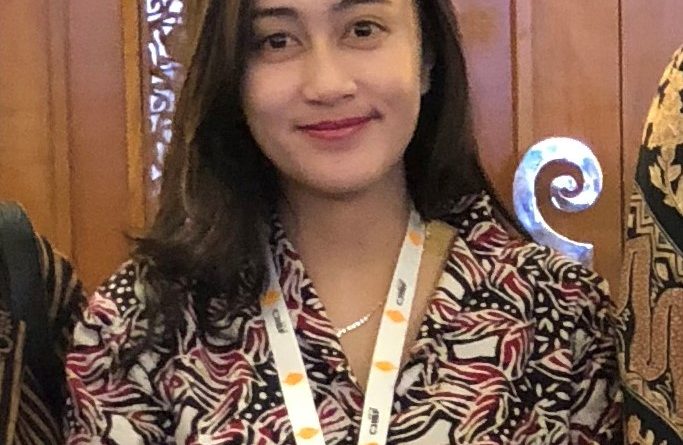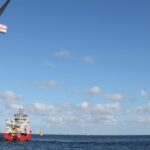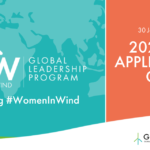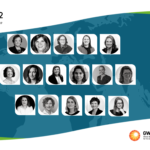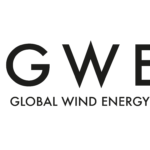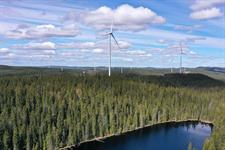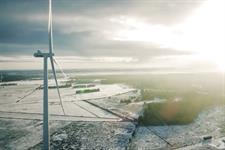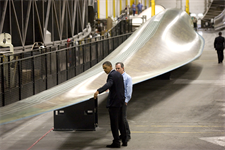Women in Wind 2020 Q&A: Laksita Gayuhaningtyas
Energy Disrupter

How did you first become interested in renewable energy and joining the clean energy transition?
I first learnt about the urgency to accelerate the energy transition back in 2009, while I was completing university. At that time, I was choosing the topic for my Bachelor’s degree dissertation. I was impressed by the presentation of my lecturer (TU Delft alumnus) on how fossil fuels contribute to climate change and how European countries were developing a strategy to mitigate this issue.
After finishing my Bachelor’s with a dissertation on energy efficiency, I decided to continue my studies focusing on energy technology in the Netherlands, one of the leaders and pioneers of wind energy. I gained work experience and expanded my skillset in the Netherlands, and then I returned to Indonesia with the aim of implementing what I had learned. After two years studying and three years working in the Dutch wind industry, I moved back to Indonesia and joined Akuo Energy as Project Development Manager for Wind Development.
Tell us about your expertise and passion in the sector. For you, what is the next “space to watch” in renewable energy?
When I decided to pursue a Master’s degree in the Netherlands, I set a goal for myself to one day be able to actively contribute to renewable energy development in Indonesia, as the country was facing a shortage of qualified professionals in the field at the time. Having worked for about four years as a wind project manager in Akuo Energy, I am responsible for ensuring project success, and I oversee the whole process from the pre-development phase until financial close.
Working on developing wind projects in Indonesia is challenging, because of wind’s high-risk profile in the country, which is attributable to various regulatory, financing and grid infrastructure issues. One of the biggest challenges is how to create large-scale projects that are cost-effective for the off-taker and bankable for the lender, in the context of a grid infrastructure that needs to be updated. This is especially relevant for intermittent power plants. To tackle the issue, Akuo is planning to integrate the Battery Energy Storage System (BESS) to renewable generation plants. I think this will be the future of renewable energy development.
What sort of challenges did you encounter in entering the sector?
When I first entered the sector 10 years ago, the biggest challenge was the limited information and knowledge about career opportunities in Indonesia. At that time, the oil and gas industry was still on the rise, while renewable energy was not really popular. There weren’t many career opportunities available in the renewables sector, and those few job opportunities were underpaid. In addition, the work itself used to be extremely difficult as it confronted the dominant oil and gas industry. When I realised what the situation was like in Indonesia, I decided to pursue my Master’s degree and to get work experience in the Netherlands, one of the leading countries for renewable energy development, as I do believe that the best way to learn something is by learning from the experts.
After five years, I decided to return to Indonesia, to work on developing portfolios for wind power plants. With the knowledge and experiences I had gained, I was able to communicate effectively to both the local and national government and to PLN (the off-taker) about the importance of the energy transition and how this goal is pursued by European countries. I believe that it is important to increase people’s awareness on the topic, so that they will start, on their own, to realize the importance and the benefits of renewable energy.

